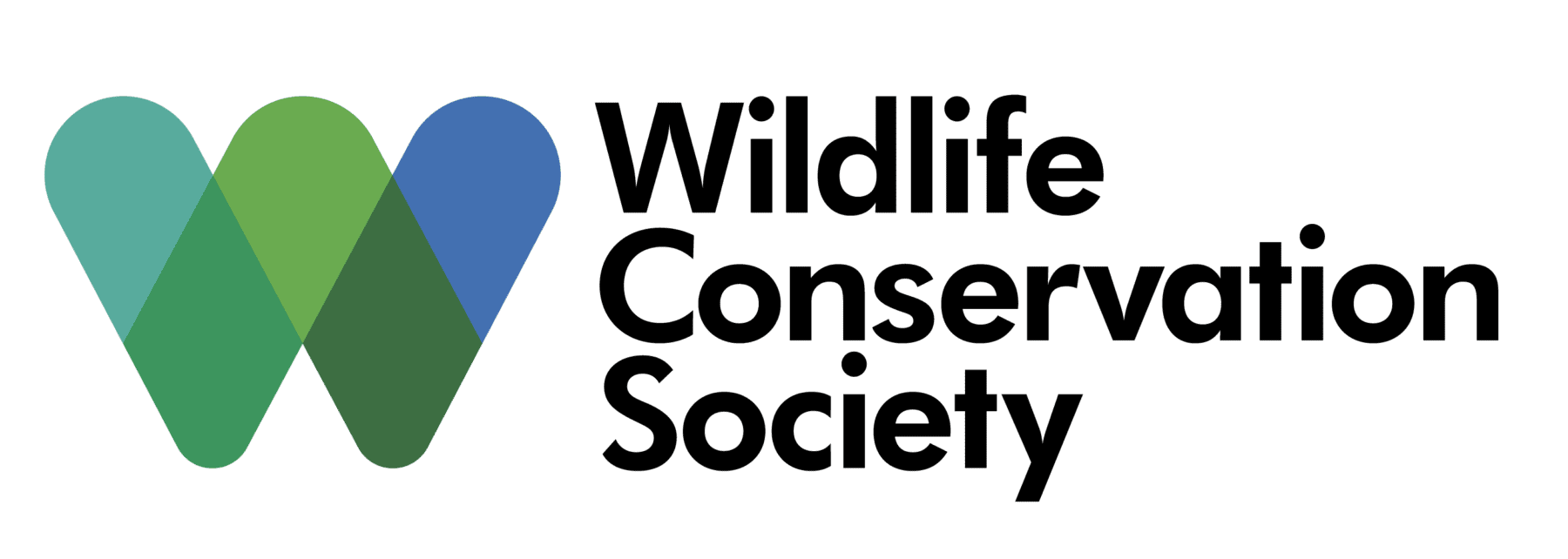
Wildlife Conservation Society (WCS) was founded in 1895 as the New York Zoological Society (NYZS) and currently works to conserve more than two million square miles of wild places around the world
The Latest Bing News on:
Wildlife Conservation Society (WCS) Research
- Study reveals uniqueness of naturally occurring monodominant forests in the Republic of Congo
A recent study published in the journal Plant Ecology and Evolution gives valuable insights into forest stands of Gilbertiodendron dewevrei (G. dewevrei) in the Sangha Trinational region.
- The Pioneers Reshaping Conservation In Africa
Our continent, with its diverse ecosystems and iconic wildlife, is home to passionate and dedicated conservationists who are making significant strides in protecting Africa's natural heritage.
- A rare and little-known group of monkeys could help save Africa's tropical forests
Conservationists and scientists from almost 20 institutions in the United States, Europe, and Africa, have concluded that immediate conservation efforts to protect red colobus monkey species could ...
- GREATER GOOD CHARITIES AND GREATERGOOD.COM JOIN FORCES WITH WCS TO PROTECT ARGENTINA LAND, HOME TO VULNERABLE SPECIES
The land purchased serves as the main winter range of the most massive guanaco migration left in the species´ range, and provides habitat for the threatened Andean condor, endangered Andean cat, ...
- 5 individuals, 2 organizations chosen for Bangabandhu Award for Wildlife Conservation
In the segment dedicated to wildlife education and research, Professor Md Abdul Aziz from the Zoology Department of Jahangirnagar University was chosen, while the Wildlife Conservation Society (WCS) ...
The Latest Bing News on:
Wildlife Conservation Society (WCS) Discovery
- New study says conservation works, providing hope for biodiversity efforts
The authors hope this study informs global biodiversity targets and serves as a call to action for governments, civil society, private individuals and companies to invest more in conservation while ...
- Kill the sun! How wild thought experiments drive scientific discovery
My colleagues call me a supervillain for trying to destroy the cosmos, but this kind of imaginative thinking isn't so far from what scientists do, says space reporter Leah Crane ...
- Wildlife Conservation Society
This summer, check out the brand new climate change-themed mini golf course, Putting Green, located on Williamsburg's Waterfront. Learn more about the Bronx Zoo, one of NYC's most popular ...
- 4th global coral bleaching event a threat to vital ecosystems: WCS
In response to this alarming development, the Wildlife Conservation Society (WCS) has intensified its efforts to identify and protect climate-resilient coral reefs. Dr Emily Darling, director of ...
- Women in conservation News
Our planet is in crisis. Human activity is driving accelerating climate change and biodiversity loss across the globe. The devastating impacts of both processes are disproportionately felt by ...
The Latest Google Headlines on:
Wildlife Conservation Society (WCS) Discovery
[google_news title=”” keyword=”Wildlife Conservation Society (WCS) Discovery” num_posts=”5″ blurb_length=”0″ show_thumb=”left”]








